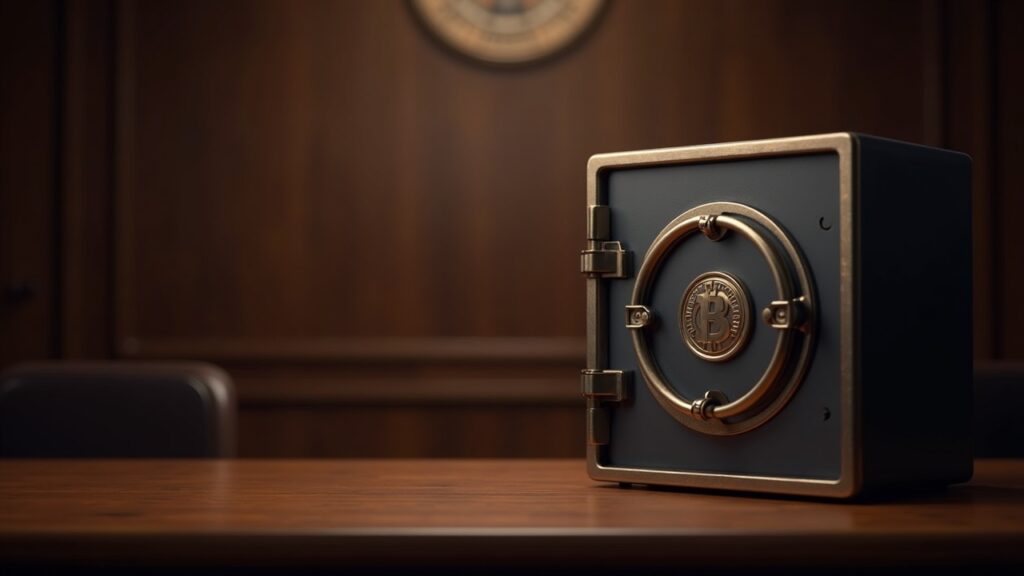The Bombay High Court confirmed that exchanges are accountable for assets they hold in custody, allowing CoinSwitch (Bitcipher Labs) to claim about $5 million (₹62 crore) that remained frozen on WazirX after the July 2024 breach. The order delivers relief to retail and institutional users who keep funds on Indian platforms and clarifies how losses are to be allocated when custodial assets are compromised.
The judgment narrows any loss-sharing to stolen ERC-20 tokens and rejects a broad force majeure defense, setting a clear rule on contractual custody responsibilities for platforms and service providers.
The conflict traces to the July 2024 hack that removed $234–235 million, largely in ERC-20 tokens held in multi-signature wallets supervised by custodian Liminal, as the court record states. CoinSwitch, a corporate client of WazirX, said $9.65 million was blocked and the event erased 40.5% of its balances, with its linked entity Nextgendev Solutions initiating arbitration to retrieve the money.
WazirX (run by Zanmai Labs) invoked force majeure and offered a restructuring via Singapore parent Zettai to spread the loss, a position the court dismissed. Justice Somasekhar Sundaresan wrote: “If assets are held in the custody of a person under an agreement, it is for the person in whose custody those assets are held to be accountable for the custody of those assets,” as the judgment records.
Ruling, scope of loss, and implications
The court permitted CoinSwitch to claim about $5 million and imposed a 45% reduction only on the stolen ERC-20 tokens; the loss did not reach CoinSwitch’s remaining holdings. ERC-20 is the technical standard governing how fungible tokens behave on the Ethereum network and how contracts and wallets handle them.
The decision tightens the legal duty of exchanges that act as custodians and raises the reputational and legal price of security lapses. Users gain a precedent supporting claims to frozen balances, while exchanges face added pressure to upgrade custody systems, audits, and partner contracts.
The ruling also upholds earlier arbitration steps, with the court endorsing tribunal orders from Dec 2024 and Mar 2025 that told Zanmai Labs to post bank guarantees or place money in escrow. CoinSwitch further declared a recovery fund of ₹600 crore ($69.9 million) to compensate other victims, as noted in the judgment.
Other parts of the dispute continue: the Delhi court told Zanmai Labs to reveal its agreement with Binance and set contempt hearings for 11 Nov 2025, as the cited documents show. The Bombay High Court judgment offers a clear rule on custody and contractual duty that platforms and service providers must now build into their procedures and contracts.
By affirming accountability for custodial assets and limiting loss-sharing to affected tokens, the ruling gives users a practical recovery path and compels exchanges to harden security and governance while parallel proceedings continue to test related contractual disclosures and compliance.


